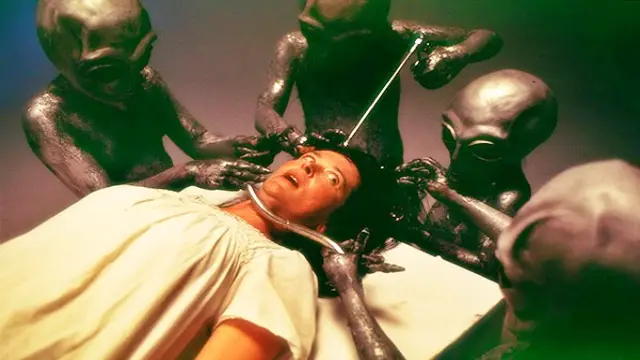n
Happy Birthday, Charles Boycott
n
n
I never really thought about where the word “boycott” came from—but today’s a great day to tell the tale of the birth of a word.
n
On this day in 1832, Charles Boycott was born in England. As an adult, he moved to Ireland and eventually became a land agent. He got caught up in a movement for fair rents and land-ownership practices—and along the way gave the world a new word.
n
Ireland during the late 1800s was largely agricultural, and farmers who were exploited by wealthy land owners gathered together to fight for their rights and the “Three Fs”: fair rent, fixity of tenure (not being evicted off of their land), and free sale.
n
Lord Erne of County Fermanagh was due to collect rents. His tenants requested a 25% rent reduction because of a poor harvest that year, but he only allowed a 10% reduction. Boycott was in charge of collecting the outstanding money, and he ended up getting eviction notices for 11 farmers who couldn’t (or wouldn’t?) pay the full rent.
n
Some farmers were tempted to do violence to Boycott, but Charles Parnell suggested a better method to fight against Boycott: ostracism.
n
The concept of ostracism originally came from Ancient Greece, but back then it meant temporary banishment of a citizen from Athens. Crucially, this expulsion wasn’t decided on by a political leader or by a court; instead, the punishment was decided by popular vote. Nowadays ostracism still refers to general or society-wide punishment, but now it means exclusion from social acceptance, groups, and friendship.
n
At Parnell’s suggestion, farmers pressured Boycott’s servants and laborers to stop working for him, and the town blacksmith, postman, and laundress were also persuaded not to deal with Boycott. Soon shopkeepers wouldn’t serve him. Boycott and his family ended up having to run their estate without hired help and had to ship food in from another town. Fifty volunteers from the north worked to bring in Boycott’s crops—and they were guarded by more than 1,000 soldiers! And that’s how the British government spent 10,000 pounds in order to harvest 350 pounds worth of potatoes!
n
During the collective efforts to ostracize the “land-grabber,” an important man in the agrarian-rights movement, Father O’Malley, coined the verb “boycott” to mean “to ostracize a land agent or landlord.”
n
n
… the word is usually used for efforts to support social change through refusals to buy certain products or to deal with from certain stores. For example, in the 1950s black people in Montgomery, Alabama, wouldn’t use the city buses—protesting the arrest of Rosa Parks and the unfair practices that discriminated against black people. In the 1970s Cesar Chavez, who worked for rights for migrant-workers, asked the general public to help him in his efforts by not purchasing lettuce or table grapes from the land owners who would not provide decent working conditions. These successful boycotts were inspired by the Indian boycott of British goods led by Mohandas Gandhi. Of course there have been many, many other examples of boycotts all over the world.





















